Malaria eradication and elimination: views on how to translate a vision into reality
- PMID: 26208740
- PMCID: PMC4514994
- DOI: 10.1186/s12916-015-0384-6
Malaria eradication and elimination: views on how to translate a vision into reality
Abstract
Although global efforts in the past decade have halved the number of deaths due to malaria, there are still an estimated 219 million cases of malaria a year, causing more than half a million deaths. In this forum article, we asked experts working in malaria research and control to discuss the ways in which malaria might eventually be eradicated. Their collective views highlight the challenges and opportunities, and explain how multi-factorial and integrated processes could eventually make malaria eradication a reality.
Figures


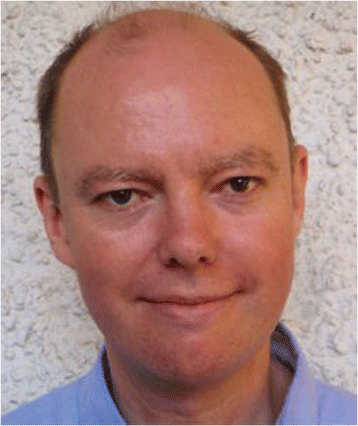
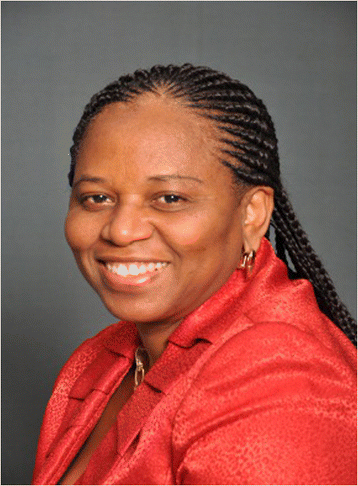
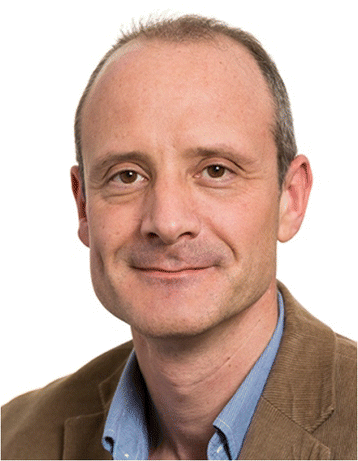



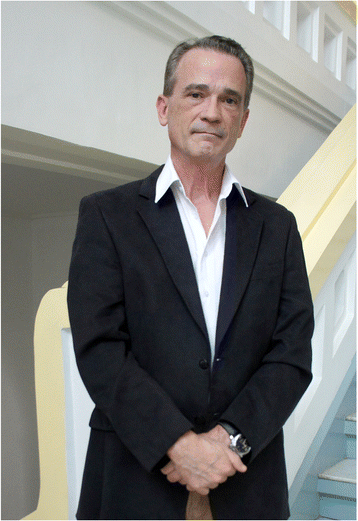

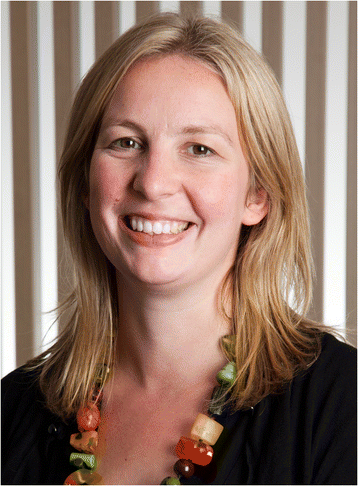
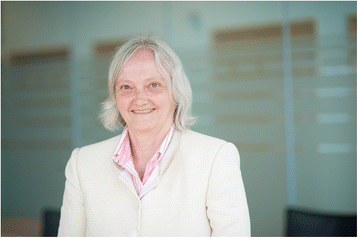


References
-
- World Health Organization. World Malaria Report 2014. http://www.who.int/malaria/publications/world_malaria_report_2014/en/.
-
- World Health Organization & Global Malaria Programme . Progress towards elimination in Sri Lanka. Geneva: World Health Org; 2012.
Publication types
MeSH terms
Grants and funding
LinkOut - more resources
Full Text Sources
Other Literature Sources
Medical
Miscellaneous

